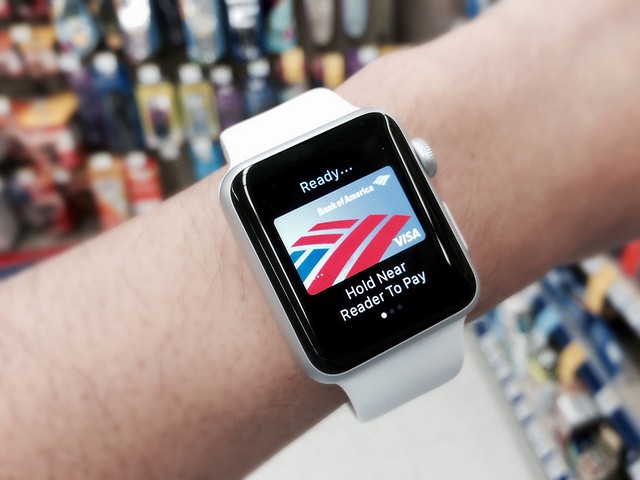Privilege Checked

“First Words,” the New York Times Magazine’s weekly language column, may be its best recurring front-of-book feature. This week, Parul Sehgal considers “privilege.” Crucially, she hits on how, as “the shine has come off this hardy, once-helpful word,” it has, through no fault of its own, become the single most effective derailing tool in online discourse over the last couple of years:
“Privilege saturates” — and privilege stains. Which might explain why this word pricks and “opportunity” and “advantage” don’t. “I can choose to not act racist, but I can’t choose to not be privileged,” a friend once told me with alarm. Most of us already occupy some kind of visible social identity, but for those who have imagined themselves to be free agents, the notion of possessing privilege calls them back to their bodies in a way that feels new and unpleasant. It conflicts with a number of cherished American ideals of self-invention and self-reliance, meritocracy and quick fixes — and lends itself to no obvious action, which is perhaps why the ritual of “confessing” to your privilege, or getting someone else to, has accumulated the meaning it has. It’s the fumbling hope that acknowledging privilege could offer some temporary absolution for having it.
There is, of course, little hope for any of us to absolve ourselves of privilege, or any other sin, really, beyond lying down and dying.
Photo by Shinya Suzuki
